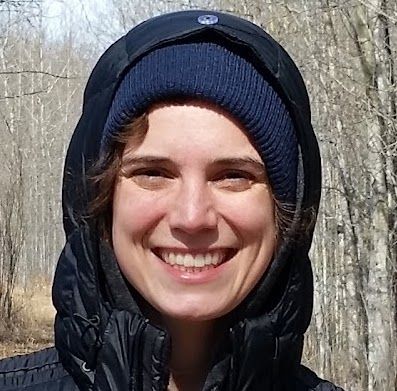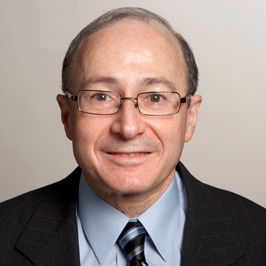Article
Rapid Clinical Responses from Bimekizumab Reported in Plaque Psoriasis Patients
Author(s):
Investigators stated that prolonged maintenance dosing of the monoclonal antibody was preferred by affected patients.
Ruth Oliver, PhD

New data on the monoclonal antibody bimekizumab found that the inhibition of interleukin-17F (IL-17F) and IL-17A resulted in rapid, deep clinical responses from patients with moderate-to-severe plaque psoriasis.
Additionally, investigators reported “profound normalization” of keratinocyte biology and the psoriatic transcriptome that including normalization of both IL-17 and IL-23 gene expression by week 8 of the study.
Previous phase 2 studies in patients with moderate-to-severe plaque psoriasis demonstrated high rates of skin clearance due to the biologic that were well maintained with maintenance dosing.
As such, investigators led by Ruth Oliver, PhD, UCB Pharma, The Rockefeller University, New York, presented results from a phase 2 exploratory trial designed to investigate whether high rates of skin clearance could be achieved with a prolonged bimekizumab maintenance dosing interval.
The Methods
The prospective, randomized, patient-blind, investigator-blind, parallel study was conducted in 8 study sites across Australia, Canada, USA, and Moldova.
A total of 49 patients with moderate-to-severe plaque psoriasis were enrolled. Eligible patients were between 18 and 70 years old with a case of plaque psoriasis for 6 months or longer prior to the screening.
Patients were then randomized 2:1 into 2 treatment groups, both of which featured bimekizumab dosed at 320 mg via subcutaneous administration at weeks 0 and 4.
By week 16, the first group received placebo, while the second group received a third dose of bimekizumab 320 mg.
Patients were excluded if they had taken medications that could influence treatment efficacy, which included prior bimekizumab treatment.
Blood samples were taken for the purpose of measuring pharmacokinetics (PK), while samples for anti-drug antibody (ADA) analysis were also collected at each visit with the exception of week 2.
The primary efficacy endpoint was the percentage change from baseline in Psoriasis Area and Severity Index (PASI) at week 28 of the study in each treatment group. For the secondary endpoints, the proportion of patients having achieved PASI 75, PASI 90, PASI 100, and IGA 0/1 at week 16 were considered.
The Findings
Investigators reported that The absolute change from baseline at Week 28 was –10.8 (95% confidence interval [CI]: –13.5, –8.0) in the bimekizumab and placebo group and –19.7 (95% CI: –24.2, –15.2) in the bimekizumab group.
Additionally, substantial improvements in PASI response rate were observed and recorded after 2 doses of bimekizumab, reaching a maximum mean decrease across all patients of 94% by week 16.
Rapid responses were demonstrated by a proportion of patients who had achieved PASI 75, PASI 90 and PASI 100 responses during the first 8 weeks, with 16.3% achieving PASI 100 at week 4. Bu week 8, the response increased to 46.9%, and PASI 75 and PASI 90 rates reached a maximum by week 16 (91.8% and 79.6%, respectively).
Treatment emergent adverse events (TEAE) were reported in 87.8* of all patients between patient groups, with 3 patients reporting serious TEAEs.
Despite this, investigators stated that bimekizumab, with regiment dosing, played a key role in the inhibition of IL-17A and Il-17F dimeric isoforms.
“In addition, unlike IL-17A therapeutics that require Q4W (or more frequent) maintenance dosing, these data supported the decision to evaluate Q8W maintenance dosing, alongside Q4W dosing, with bimekizumab in subsequent phase 3 psoriasis studies,” the team wrote.
The study, “Bimekizumab for the Treatment of Moderate to Severe Plaque Psoriasis: Efficacy, Safety, Pharmacokinetics, Pharmacodynamics and Transcriptomics from a Phase 2a Randomized, Multicenter Double-Blinded Study,” was published online in the British Journal of Dermatology.





